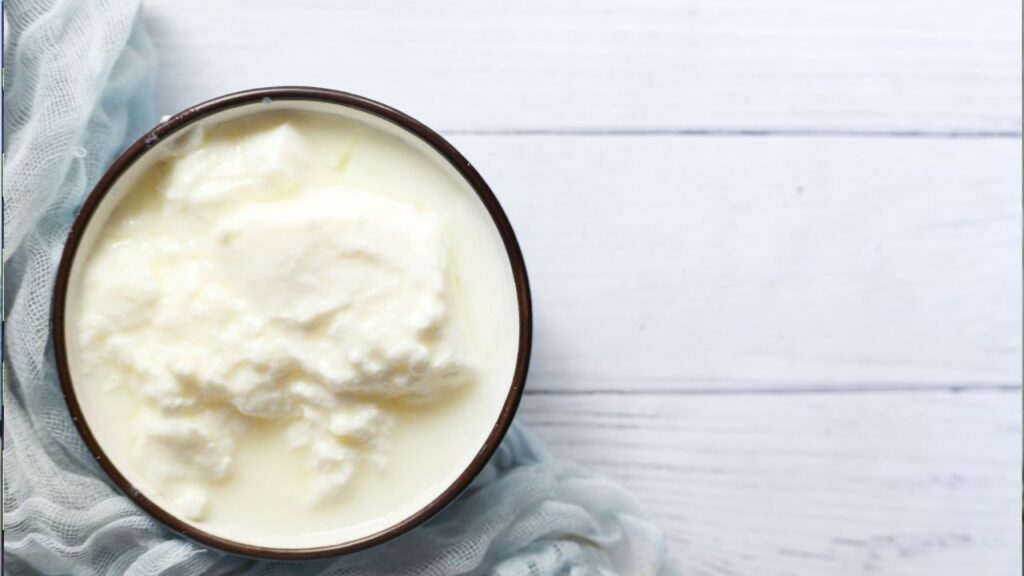Is Eating Dahi Every Day Good for You? Here’s What to Know

Is Eating Dahi Every Day Good for You? Here’s What to Know
Dahi, also known as curd or yogurt, is a common food in Indian households, especially during the summer. Whether it’s mixed with rice, served with paratha, or made into lassi or chaas, dahi is loved for its taste and its cooling effect. But beyond being tasty and refreshing, dahi also has several health benefits. At the same time, eating it every day may not be right for everyone.
Let’s take a closer look at the pros and cons of including dahi in your daily diet.
The Many Benefits of Eating Dahi
Dahi is packed with nutrients that help the body in many ways. One of its biggest strengths is that it contains probiotics, these are good bacteria that help keep your gut healthy. A healthy gut supports better digestion, boosts immunity, and even helps improve mood and mental health.
Dahi also helps with weight management. Since it is low in calories and high in protein and fiber, it keeps you feeling full for longer and reduces the urge to overeat. This makes it a smart choice for those looking to lose or maintain weight.
Another important benefit of dahi is its role in keeping your skin and bones healthy. The antioxidants in curd help improve blood flow, which can lead to glowing skin. It also supports collagen production, which helps slow down the signs of ageing. For bones, dahi is a rich source of calcium and phosphorus—both important minerals for strong teeth and bones.
Possible Side Effects of Eating Dahi Daily
While dahi has many health benefits, it may not suit everyone. People with weak digestion might find it difficult to digest curd, especially if taken at night. This can lead to bloating, constipation, or acidity. Since digestion slows down at night, having dahi late in the day may result in heartburn or indigestion.
People who are lactose intolerant should avoid dahi altogether. Lactose is the sugar found in dairy products, and some people are unable to digest it properly. This can cause symptoms like diarrhoea, skin irritation, or even breathing problems.
Another concern is inflammation. Dahi contains a protein called casein, which in some cases, can trigger joint pain or worsen inflammation in the body. People who already suffer from arthritis or joint issues may be advised to limit or avoid dahi.
How Much Is Too Much?
Experts suggest that one or two small bowls of dahi a day are usually safe for most people. However, how much dahi a person can handle depends on individual health conditions. That’s why it’s always best to consult a doctor or nutritionist before making curd a daily part of your diet.












